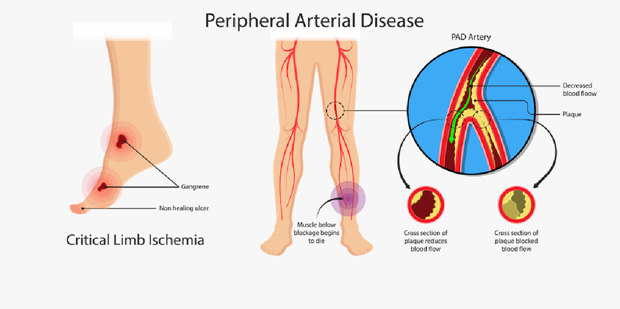The charge nurse observes a new registered nurse (RN) doing discharge teaching for a client with hypertension who has a new prescription for enalapril (Vasotec). Which statement of the nurse to the patient would require the charge nurse's intervention?
"Make an appointment with the dietitian for teaching.”
"Check your blood pressure at home at least once a day." C. "Increase your dietary intake of high-potassium foods.”
"Move slowly when moving from lying to sitting to standing.”
"Move slowly when moving from lying to sitting to standing.”
The Correct Answer is C
Enalapril (Vasotec) is an angiotensin-converting enzyme (ACE) inhibitor medication commonly used to treat hypertension. One of the potential side effects of ACE inhibitors is hyperkalemia, which is an elevated level of potassium in the blood. Therefore, it is generally recommended for patients taking ACE inhibitors to avoid excessive intake of high-potassium foods.
The charge nurse should intervene because advising the client to increase their dietary intake of high-potassium foods contradicts the precautions associated with taking enalapril. Consuming high-potassium foods while taking this medication can potentially lead to an increased risk of hyperkalemia, which can have serious health consequences.
Let's review the other statements made by the nurse:
"Make an appointment with the dietitian for teaching": This is an appropriate statement as it encourages the client to seek professional guidance on dietary management of hypertension. A dietitian can provide valuable information on healthy eating habits and strategies to reduce blood pressure.
"Check your blood pressure at home at least once a day": This is also an appropriate statement as it promotes self-monitoring of blood pressure, which is important for clients with hypertension. Regular monitoring helps the client track their progress and detect any changes that may require medical attention.
"Move slowly when moving from lying to sitting to standing": This is a correct statement as it advises the client to practice orthostatic precautions. ACE inhibitors, including enalapril, can cause orthostatic hypotension, a drop in blood pressure upon standing. Moving slowly can help prevent dizziness and falls.
Nursing Test Bank
Naxlex Comprehensive Predictor Exams
Related Questions
Correct Answer is C
Explanation
"I will use a heating pad on my feet at night to increase the circulation.": Using a heating pad on the feet at night is not recommended for clients with peripheral artery disease. The application of heat, such as from a heating pad, can dilate blood vessels and potentially worsen the symptoms of peripheral artery disease. This can lead to reduced blood flow to the affected limbs and increase the risk of complications.

The other client statements demonstrate an understanding of peripheral artery disease management:
"I will avoid long periods of sitting down with my legs crossed over." This statement shows awareness of the importance of maintaining good blood flow and avoiding positions that can restrict circulation.
"I will walk to the point of pain, rest, and walk again for at least 30 minutes." This statement indicates an understanding of the concept of intermittent claudication, a common symptom of peripheral artery disease. Walking until pain occurs, resting, and then resuming walking helps improve circulation and increases walking distance over time.
"I will buy some loose clothes that do not bind across my legs or waist." This statement reflects an awareness of the need to wear loose-fitting clothes that do not constrict blood flow to the legs or waist area.
Correct Answer is D
Explanation
Among the given findings, the most important finding to report to the health care provider in a client with a hypertensive emergency is the new-onset blurry vision and facial asymmetry. These symptoms may indicate that the client is experiencing a hypertensive crisis with potential complications such as hypertensive encephalopathy or stroke.
Blurred vision and facial asymmetry are concerning neurological symptoms that suggest possible damage to the blood vessels or organs in the brain. It is crucial to notify the health care provider immediately so that appropriate interventions can be initiated to address the underlying cause and prevent further complications.
While the other findings may also be associated with elevated blood pressure, the new-onset blurry vision and facial asymmetry indicate possible neurological involvement and require immediate attention. Headache, epistaxis (nosebleed), and decreased urine output may be significant symptoms, but the potential neurological implications make the new-onset blurry vision and facial asymmetry the priority for reporting.
Whether you are a student looking to ace your exams or a practicing nurse seeking to enhance your expertise , our nursing education contents will empower you with the confidence and competence to make a difference in the lives of patients and become a respected leader in the healthcare field.
Visit Naxlex, invest in your future and unlock endless possibilities with our unparalleled nursing education contents today
Report Wrong Answer on the Current Question
Do you disagree with the answer? If yes, what is your expected answer? Explain.
Kindly be descriptive with the issue you are facing.
